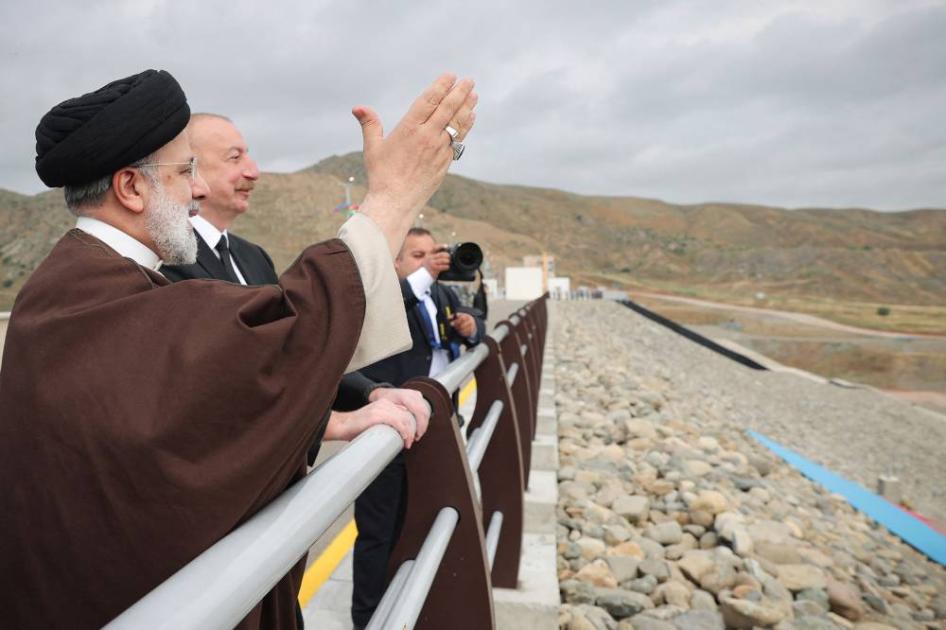Durán, a city located in Ecuador, is known for its high murder rate and has been labeled as the most dangerous place in the world. With a murder rate of 148 per 100,000 residents in 2023, it surpasses even Mandela Bay in South Africa, which is considered the second most violent place. Despite having a population of only around 300,000 people, Durán faces numerous challenges such as poverty and the exportation of cocaine.
The violence in Durán is just one example of the larger problem of crime and violence that affects Latin America. Despite accounting for only 8% of the world’s population, this region is responsible for a third of global murders. This statistic highlights the severity of the issue and underscores the urgent need for solutions to address its root causes.
In response to rising crime rates, many Latin American leaders have turned to draconian measures such as mano dura or “the iron fist approach.” This strategy involves declaring states of emergency, deploying military forces on the streets and carrying out mass arrests without discrimination. While these measures may temporarily reduce crime rates, they come at a significant cost to human rights and rule of law.
El Salvador’s president Nayib Bukele has been an advocate for mano dura and has implemented strict measures that have led to a significant decrease in murder rates. However, it is crucial to consider the long-term implications and potential negative consequences of such heavy-handed tactics. Other Latin American leaders should exercise caution when adopting this model and instead focus on comprehensive strategies that address the root causes of violence in their countries.
The issue of violence in Latin America highlights a broader trend across the globe where certain regions are prone to higher levels of crime than others due to factors such as poverty and political instability. Governments worldwide must work together to develop effective solutions that address these underlying issues while respecting human rights and maintaining peacekeeping mechanisms.
In conclusion, while cities like Durán present unique challenges with their high levels of violence, they are just one aspect of a much broader problem facing Latin America as a whole. To address this issue effectively, policymakers must focus on developing comprehensive strategies that tackle its root causes while respecting human rights and maintaining peacekeeping mechanisms across all regions affected by it.

:max_bytes(150000):strip_icc():focal(745x176:747x178)/kylie-jenner-051924-1-af52c4151d7d427ea1aaa4598bf30fcf.jpg)

